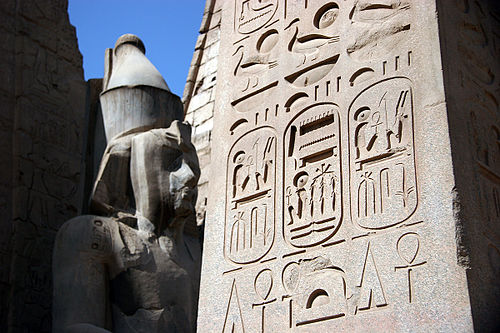Fictionnoun
Literary type using invented or imaginative writing, instead of real facts, usually written as prose.
Fictionnoun
(uncountable) A verbal or written account that is not based on actual events (often intended to mislead).
Fictionnoun
(legal) A legal fiction.
Fictionnoun
The act of feigning, inventing, or imagining; as, by a mere fiction of the mind.
Fictionnoun
That which is feigned, invented, or imagined; especially, a feigned or invented story, whether oral or written. Hence: A story told in order to deceive; a fabrication; - opposed to fact, or reality.
Fictionnoun
Fictitious literature; comprehensively, all works of imagination; specifically, novels and romances.
Fictionnoun
An assumption of a possible thing as a fact, irrespective of the question of its truth.
Fictionnoun
Any like assumption made for convenience, as for passing more rapidly over what is not disputed, and arriving at points really at issue.
Fictionnoun
a literary work based on the imagination and not necessarily on fact
Fictionnoun
a deliberately false or improbable account
Fictionnoun
literature in the form of prose, especially novels, that describes imaginary events and people.
Fictionnoun
something that is invented or untrue
Fictionnoun
a belief or statement which is false, but is often held to be true because it is expedient to do so
Fiction
Fiction is any creative work (chiefly, any narrative work) consisting of people, events, or places that are imaginary—in other words, not based strictly on history or fact. In its most narrow usage, fiction refers to written narratives in prose and often specifically novels, though also novellas and short stories.
Literaturenoun
The body of all written works.
Literaturenoun
The collected creative writing of a nation, people, group, or culture.
Literaturenoun
All the papers, treatises, etc. published in academic journals on a particular subject.
Literaturenoun
Written fiction of a high standard.
Literaturenoun
Learning; acquaintance with letters or books.
Literaturenoun
The collective body of literary productions, embracing the entire results of knowledge and fancy preserved in writing; also, the whole body of literary productions or writings upon a given subject, or in reference to a particular science or branch of knowledge, or of a given country or period; as, the literature of Biblical criticism; the literature of chemistry.
Literaturenoun
The class of writings distinguished for beauty of style or expression, as poetry, essays, or history, in distinction from scientific treatises and works which contain positive knowledge; belles-lettres.
Literaturenoun
The occupation, profession, or business of doing literary work.
Literaturenoun
creative writing of recognized artistic value
Literaturenoun
the humanistic study of a body of literature;
Literaturenoun
published writings in a particular style on a particular subject;
Literaturenoun
the profession or art of a writer;
Literaturenoun
written works, especially those considered of superior or lasting artistic merit
Literaturenoun
books and writings published on a particular subject
Literaturenoun
leaflets and other printed matter used to advertise products or give advice
Literature
Literature broadly is any collection of written work, but it is also used more narrowly for writings specifically considered to be an art form, especially prose fiction, drama, and poetry. In recent centuries, the definition has expanded to include oral literature, much of which has been transcribed.







